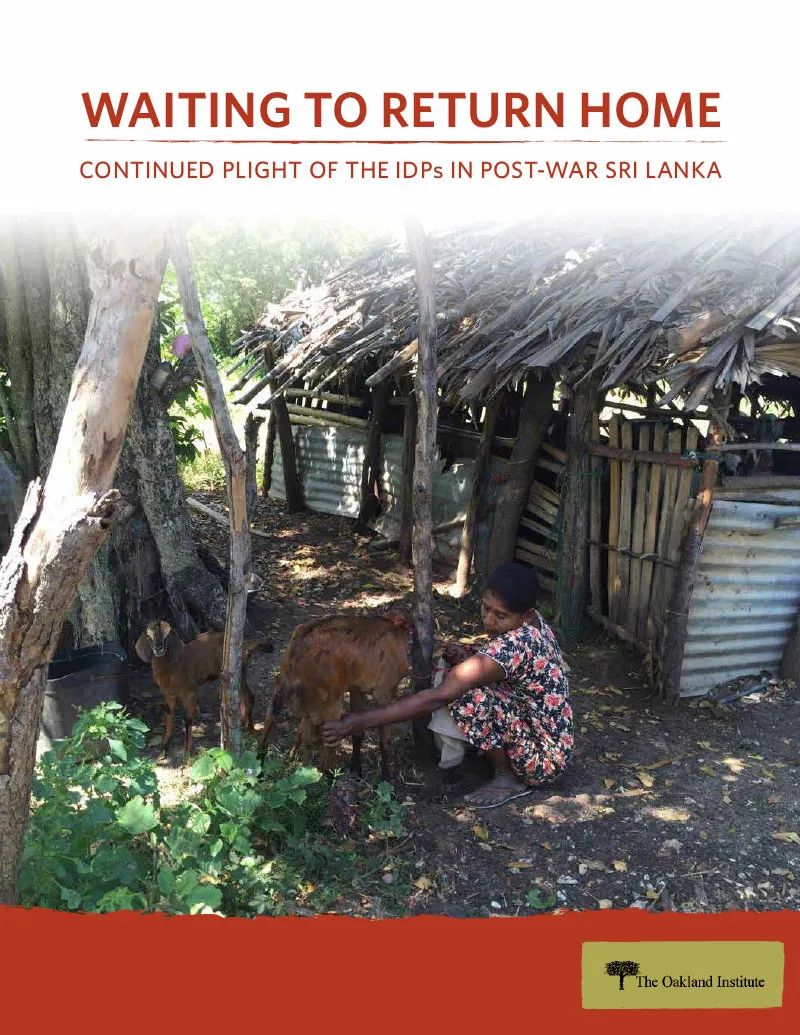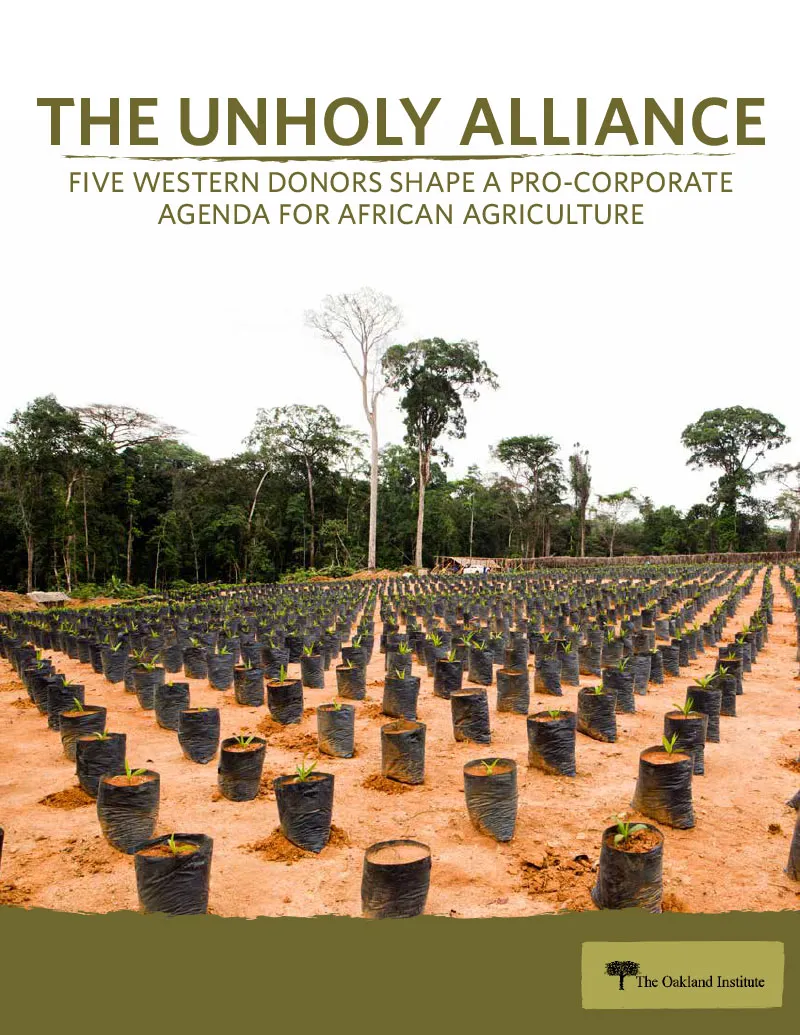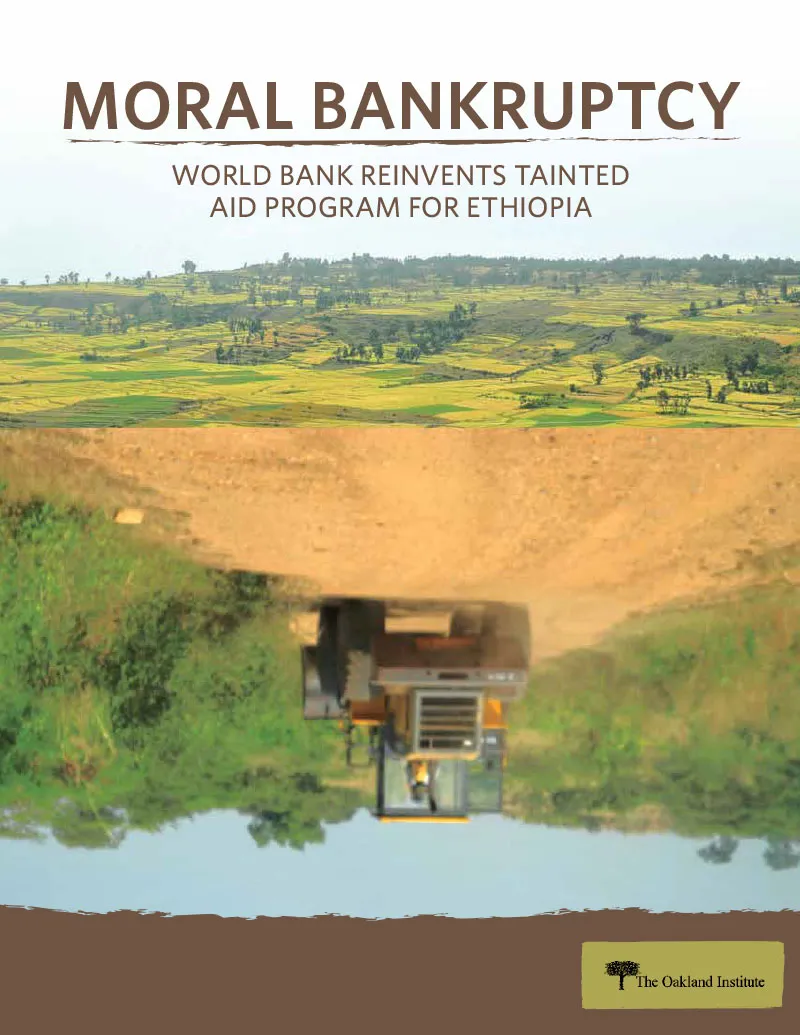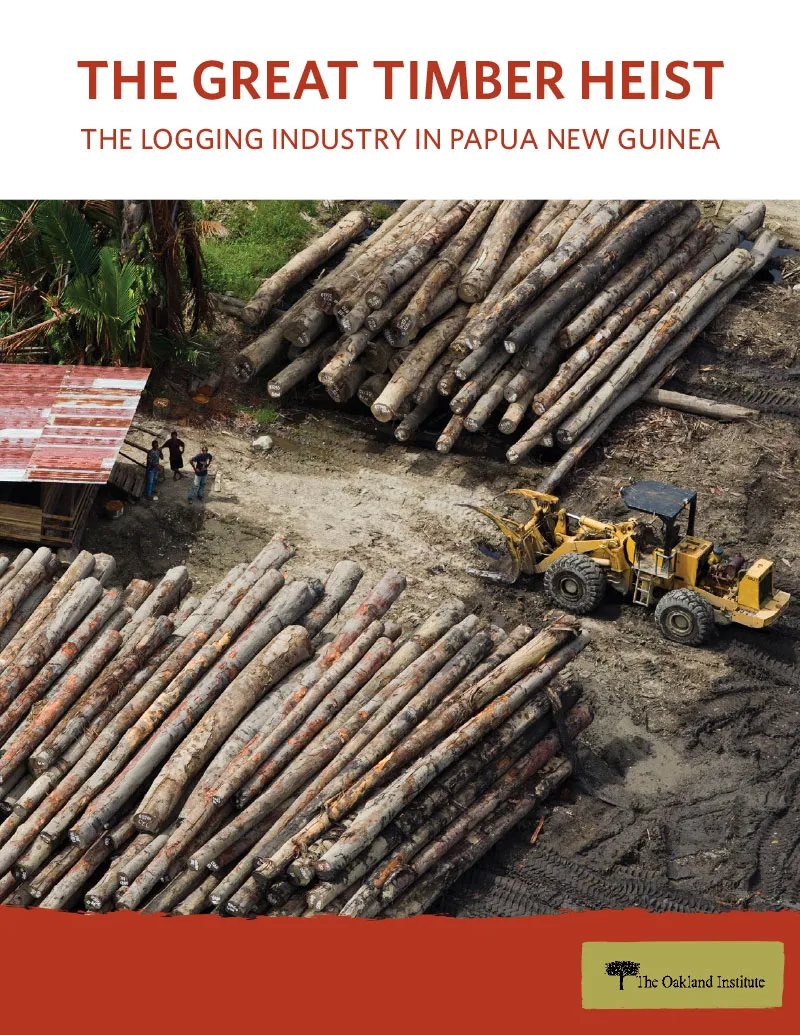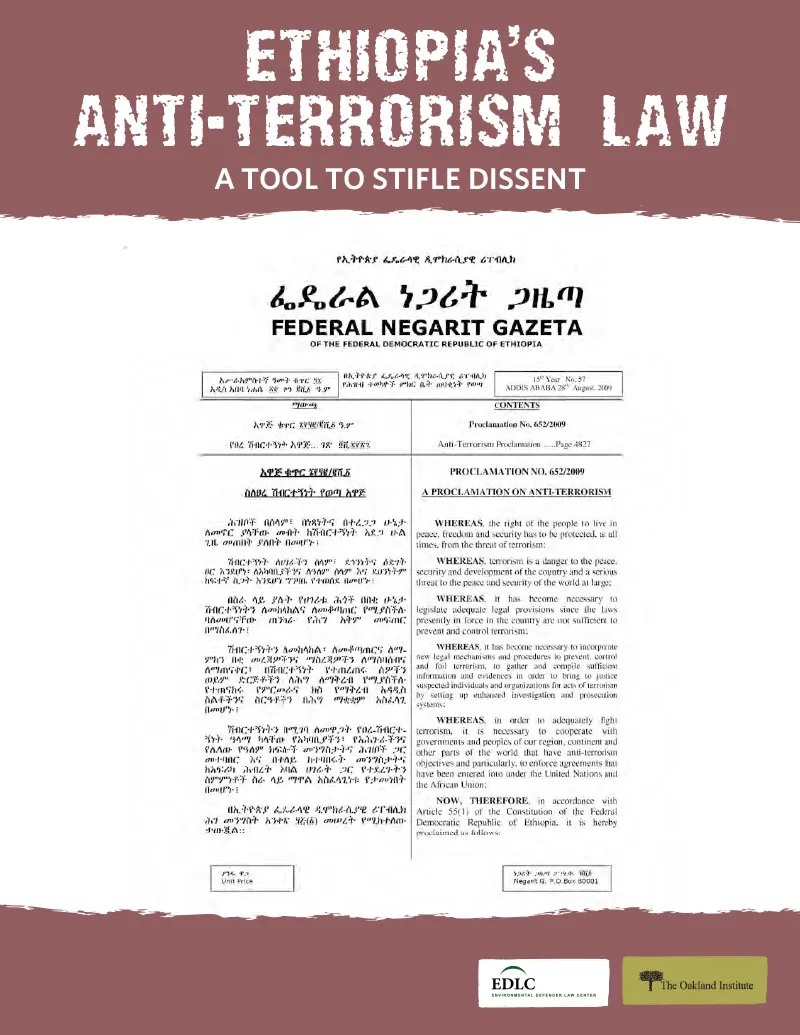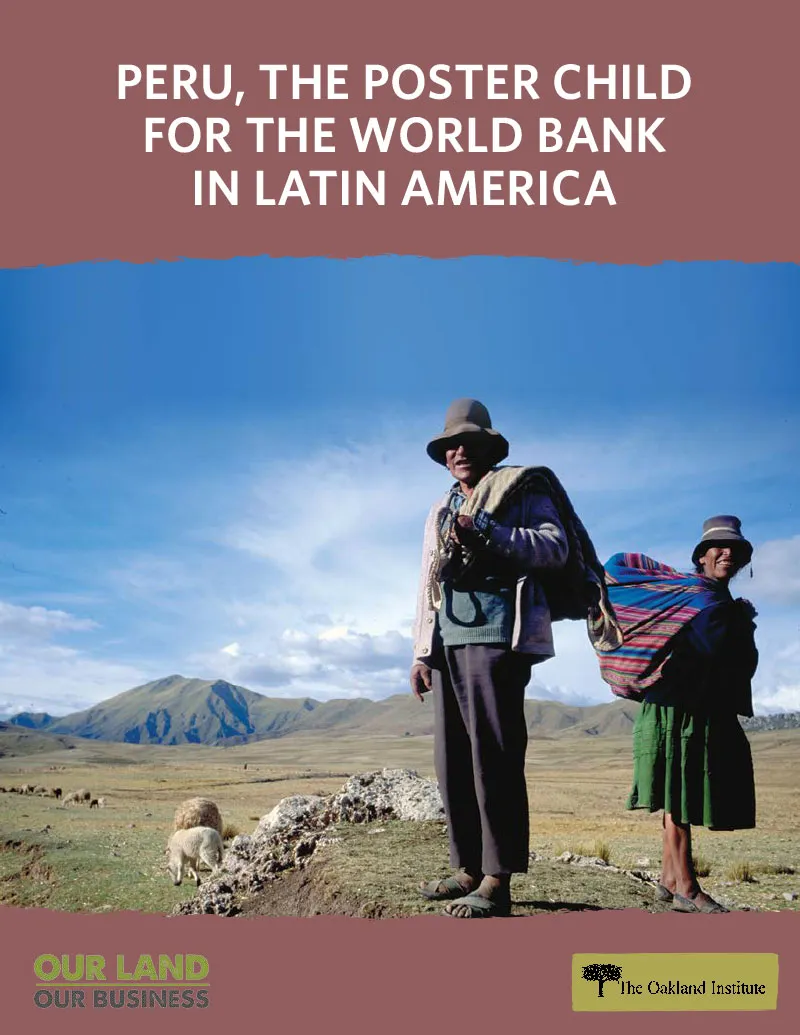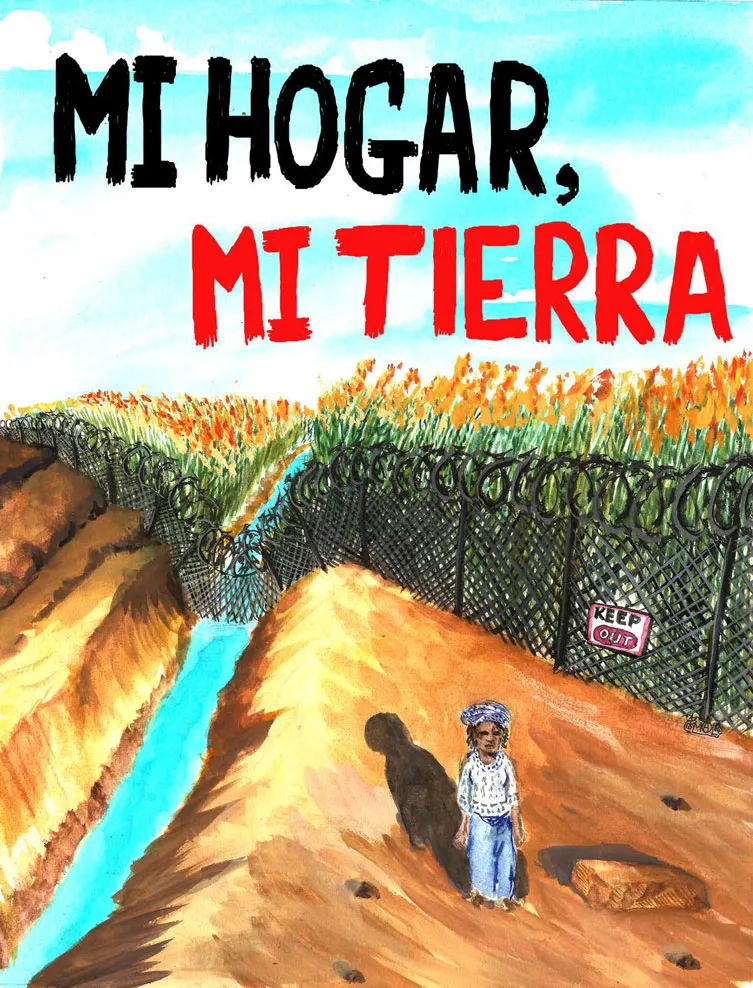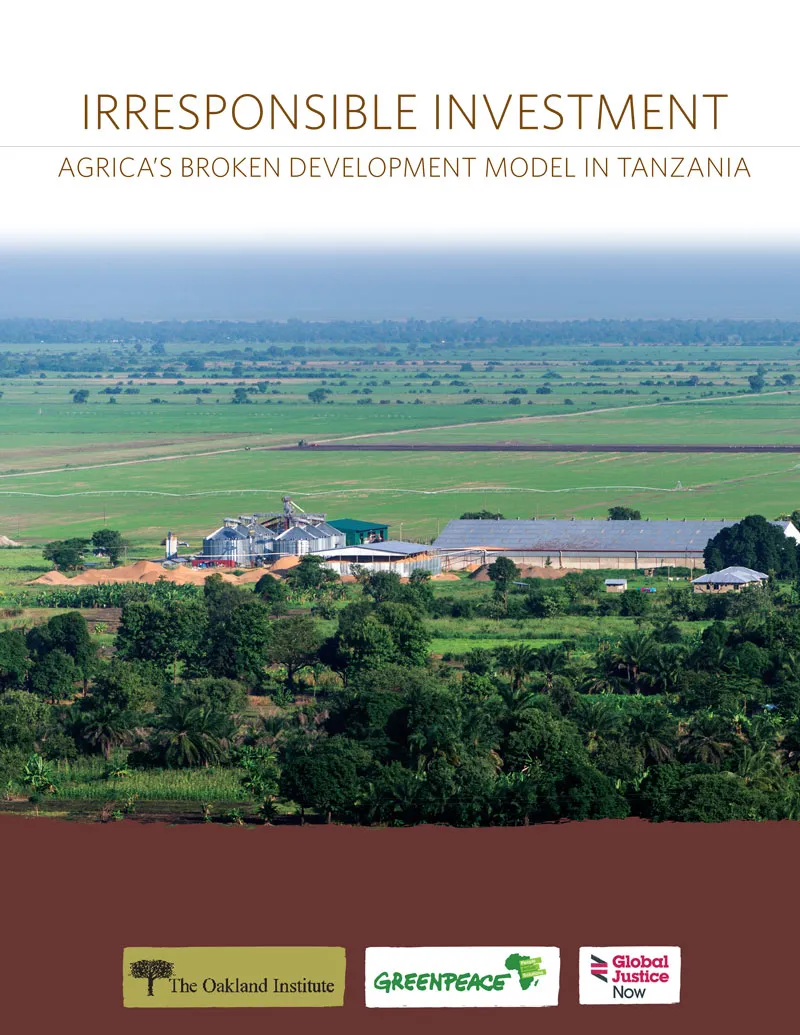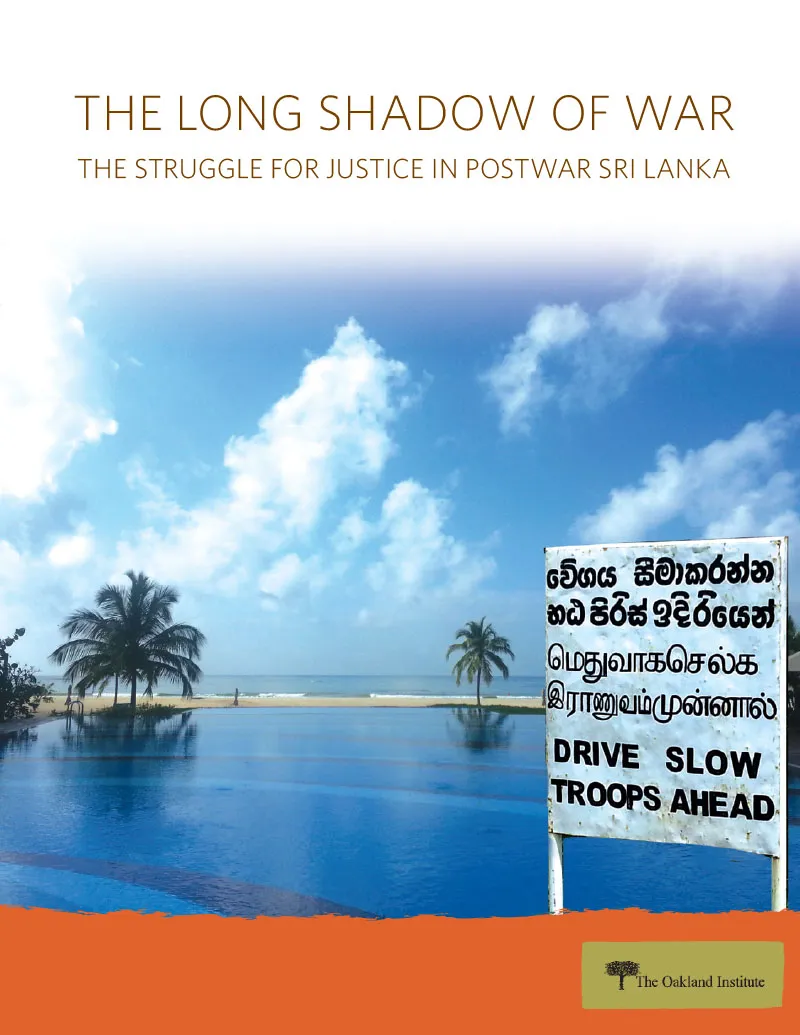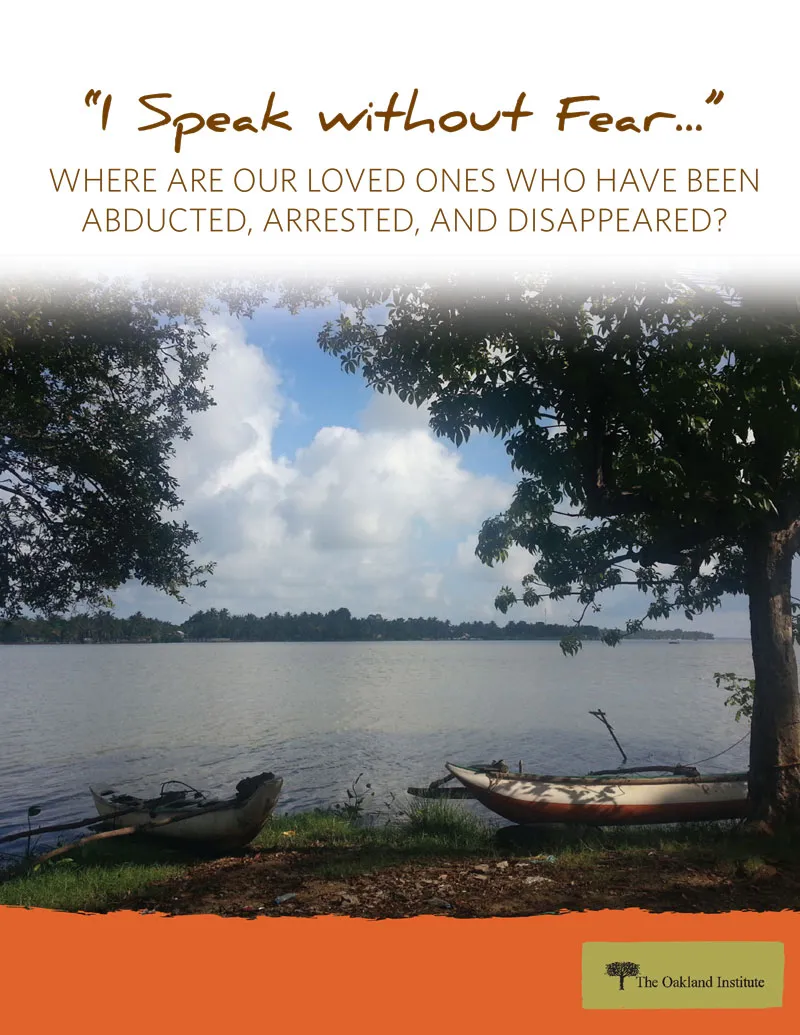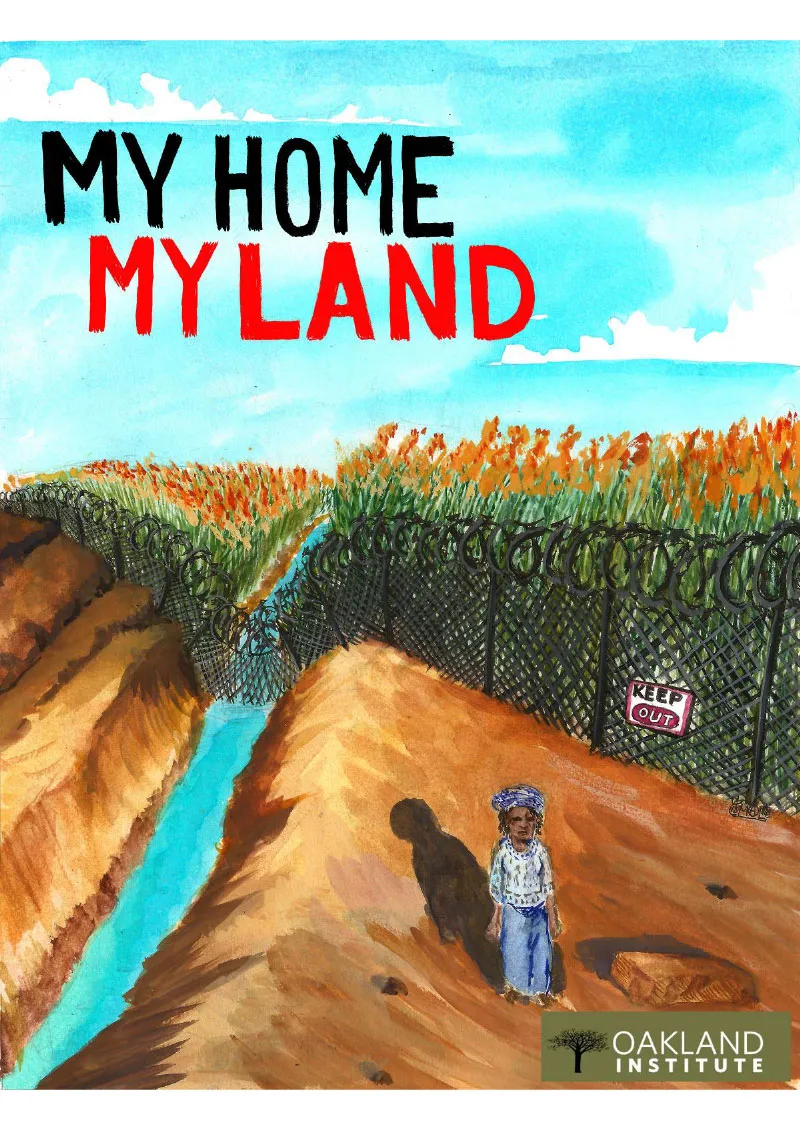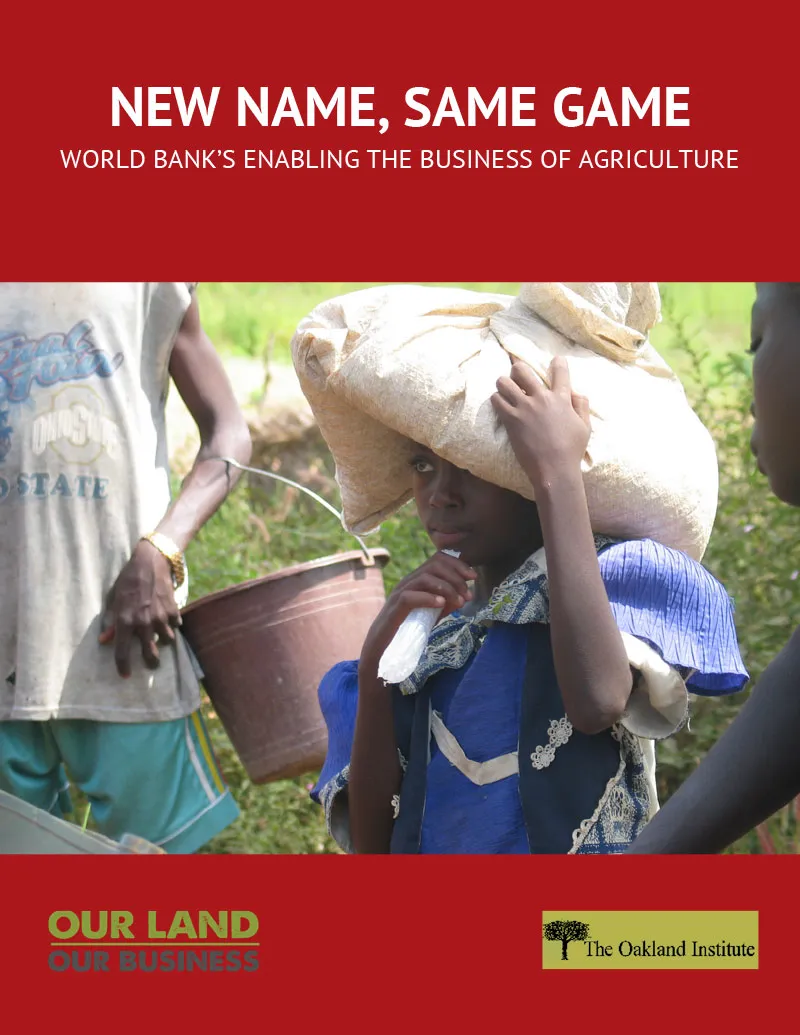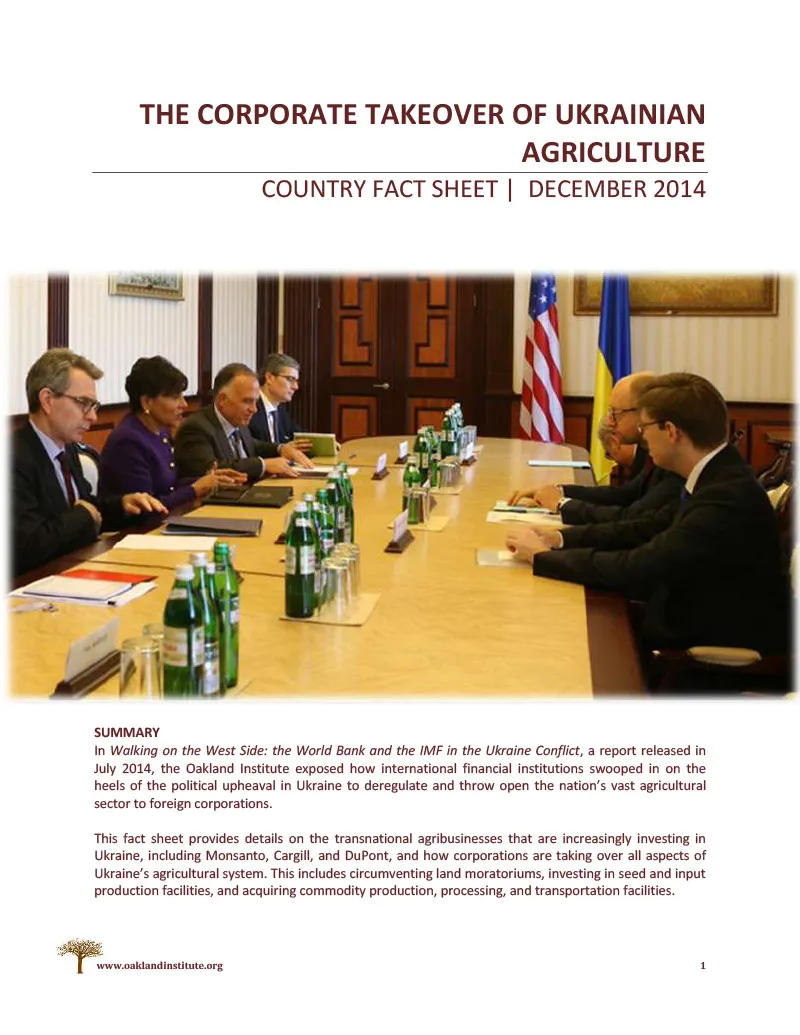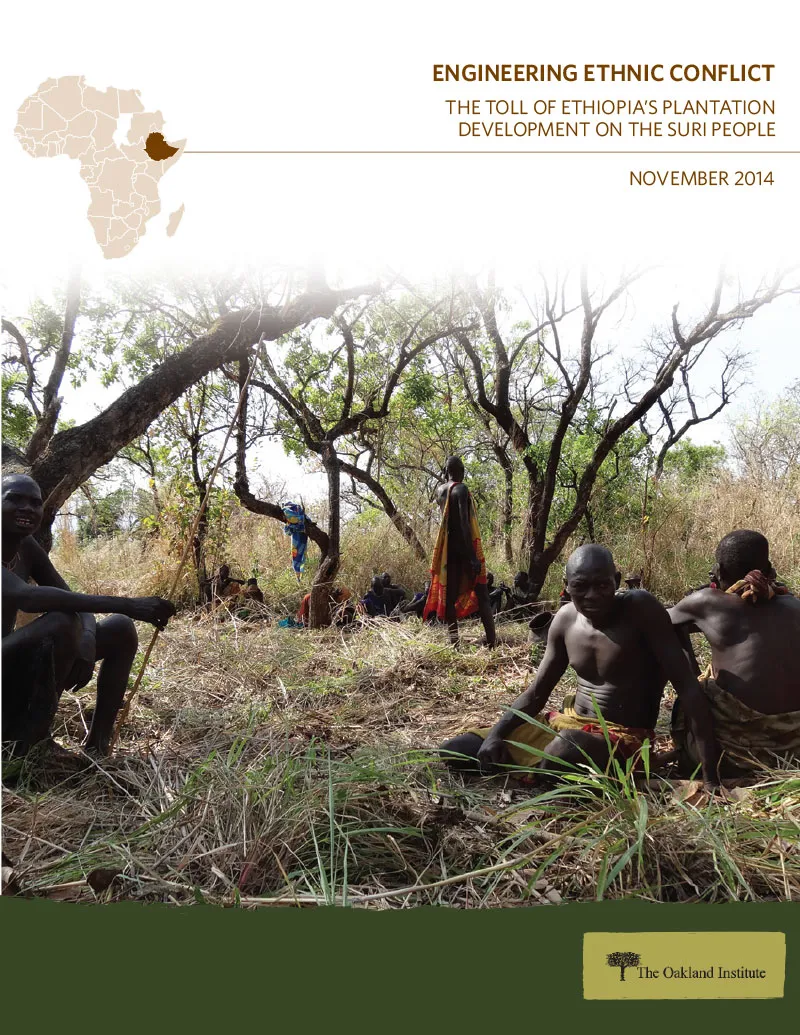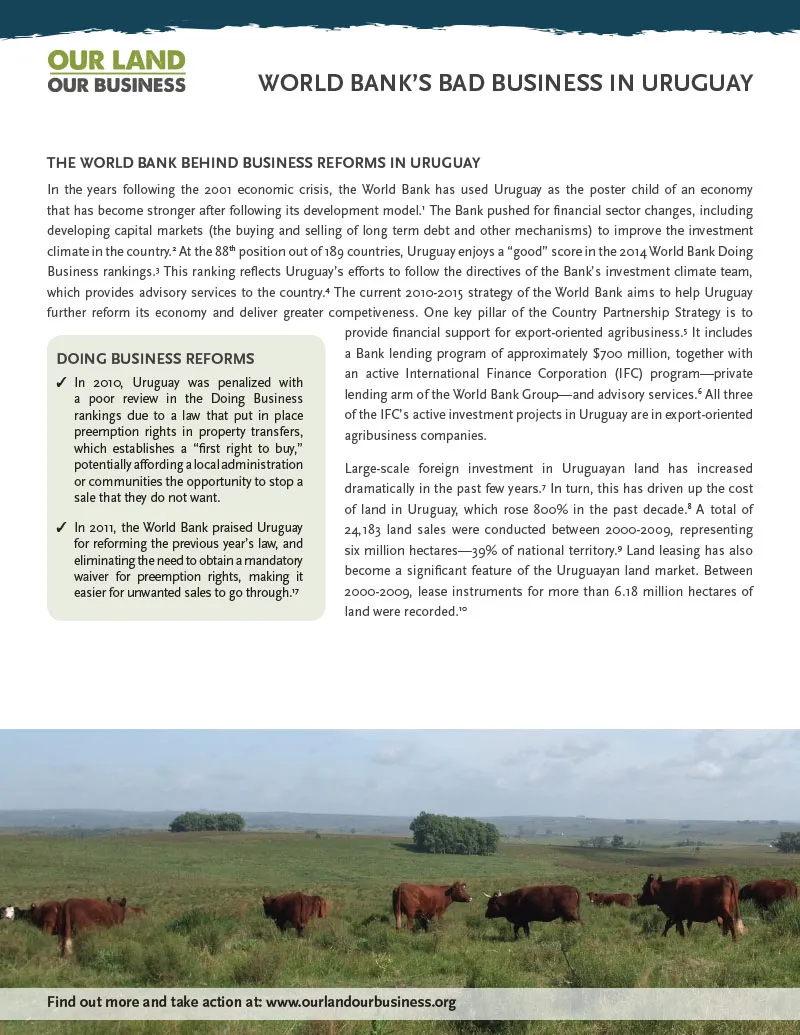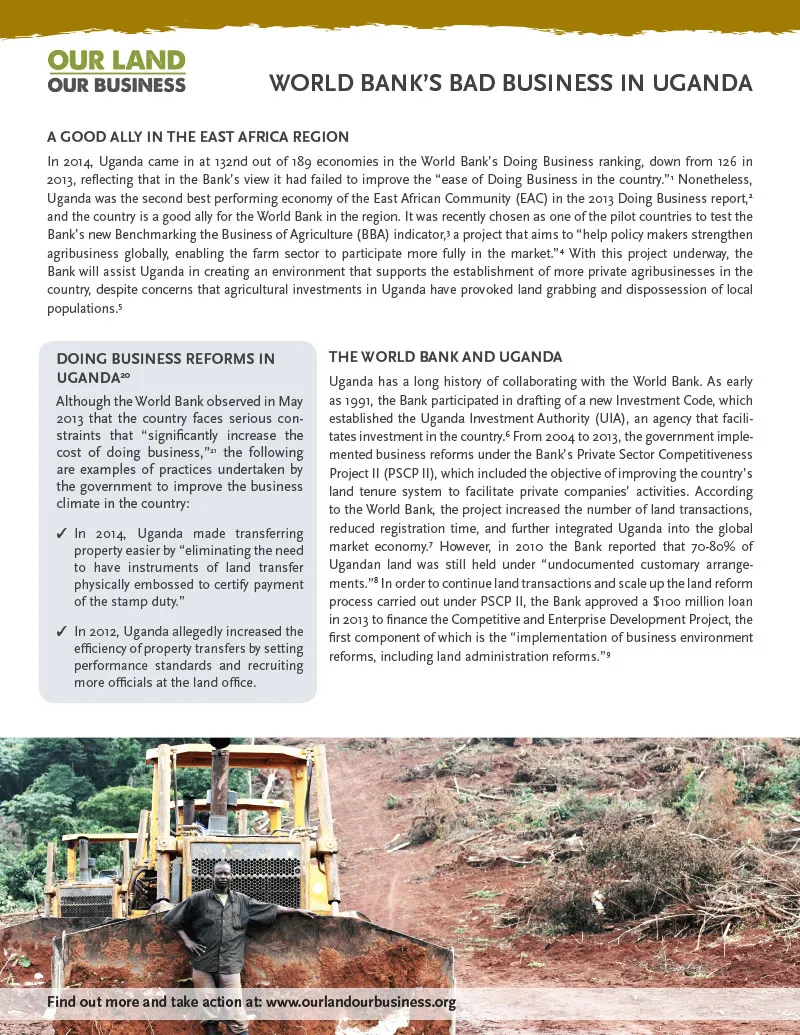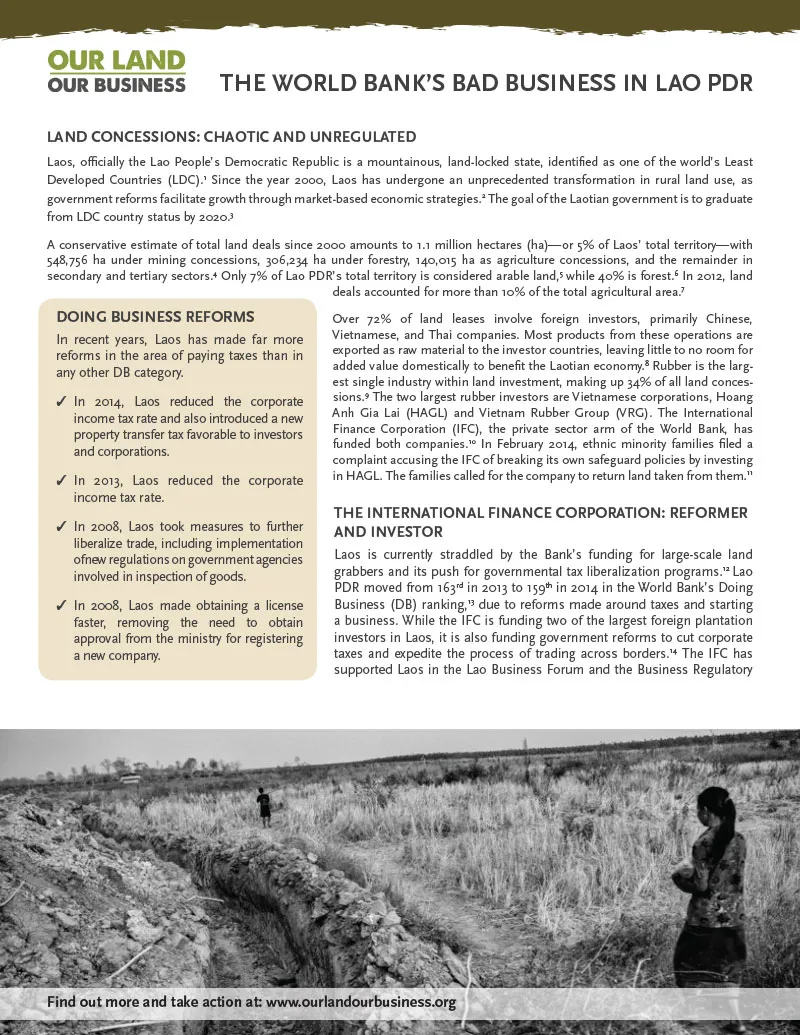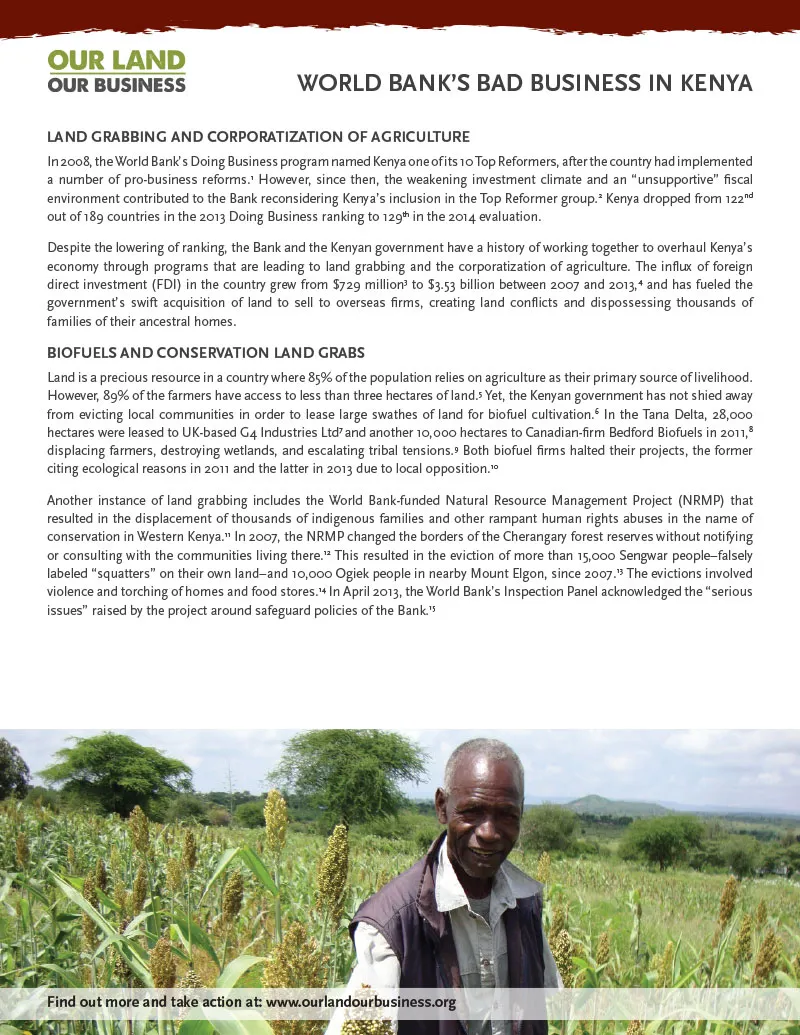Peru, The Poster Child For the World Bank in Latin America
Peru has remained in the good grace of the World Bank. In 2015, it ranks 35th in the Bank’s Doing Business survey, with the second highest score in Latin America, indicating that the government has “created a regulatory environment conducive to business.” In 2008, Peru requested help from the Bank’s International Finance Corporation (IFC) advisory services for the design of a new reform agenda launched in 2009. As a result, the World Bank’s Doing Business survey recorded 15 pro-business policy reforms ratified between 2010 and 2013, including fast-track procedures at the land registry, cuts in workers’ social benefits, and tax reductions for private companies. Following the reforms, Foreign Direct Investment (FDI) doubled from $5.5 billion in 2007 to $10.2 billion in 2013. However, improving Peru’s business climate to attract foreign investment has had a severe toll on people, workers, and the environment, resulting in rising social conflicts.
